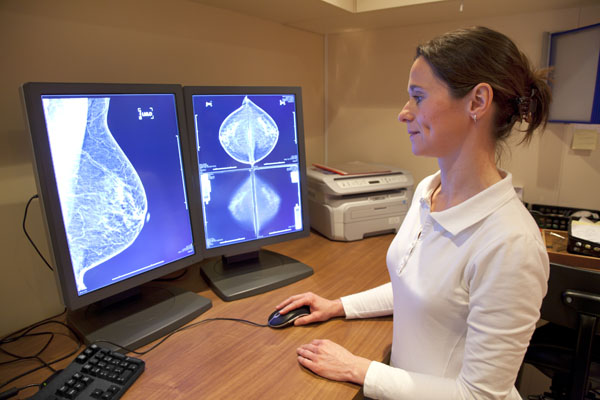Foods containing soy have long been considered off-limits to women being treated for breast cancer, due to their high content of estrogen-like compounds known as isoflavones. Now, an epidemiological study – published in the journal, Cancer – has found that these compounds are associated with a lower mortality rate in patients with hormone-receptor-negative tumors.
Researchers at Tufts University studied data collected from over 6,000 breast cancer patients in the US and Canada. They found that post-diagnosis consumption of foods, containing isoflavones, such as soy, was associated with a 21 percent decrease in all-cause mortality. As well as having hormone-negative tumors, the women found to benefit from these compounds were not being treated with endocrine therapy drugs, such as tamoxifen.
“At the population level, we see an association between isoflavone consumption and reduced risk of death in certain groups of women with breast cancer,” said Dr. Fang Fang Zhang, of the Friedman School of Nutrition Science and Policy at Tufts University. “Our results suggest, in specific circumstances, there may be a potential benefit to eating more soy foods as part of an overall healthy diet and lifestyle.”
Previous studies have found that isoflavones can slow the growth of cultured breast cancer cells. In addition, a recent epidemiological analysis of breast cancer patients in East Asia found that higher intake of these compounds was associated with lower overall mortality.
Contradictory findings suggest that the estrogen-like nature of isoflavones may have an impact on the effectiveness of endocrine drugs used to treat breast cancer, potentially negatively impacting patient outcomes. Because of this link, women with breast cancer have largely been advised to avoid consuming soy and other foods high in isoflavones.
In this study, Zhang and her collaborators looked at data on 6,235 American and Canadian women with breast cancer, collected as part of the National Cancer Institute’s Breast Cancer Family Registry. Based on self-reported levels of consumption of isoflavone-containing foods, the women were organized into four quartiles, and followed-up with after approximately nine years.
Those in the highest quartile of isoflavone intake showed a 21 percent lower rate of all-cause mortality, compared to those in the lowest quartile. Women whose tumors lacked estrogen and progesterone receptors showed the strongest association between isoflavone consumption and reduced mortality.
“Since we only examined naturally occurring dietary isoflavone, we do not know the effect of isoflavone from supplements,” said Zhang. “We recommend that readers keep in mind that soy foods can potentially have an impact, but only as a component of an overall healthy diet.”
The women who saw the most benefit in the highest quartile consumed around 1.5 milligrams of isoflavone each day, which is equivalent to just a few soybeans. However, the researchers caution that study participants often underestimate their food intake when reporting on questionnaires.
“The comparisons between high and low consumption in our study are valid, but our findings should not be interpreted as a prescription,” said Zhang. “However, based on our results, we do not see a detrimental effect of soy intake among women who were treated with endocrine therapy, which has been hypothesized to be a concern. Especially for women with hormone-receptor-negative breast cancer, soy food products may potentially have a beneficial effect and increase survival.”












Join or login to leave a comment
JOIN LOGIN